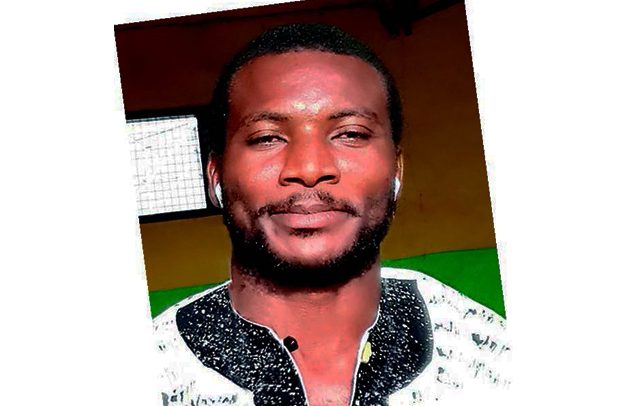Justin Yelevielbayire
This week’s episode of MTN Heroes of Change 2019 highlights the works of Justin Kantavooro Yelevielbayire, a biogas engineer who has been recycling plastic waste with the help of a reactor that produces fuel such as gasoline, diesel, kerosene and domestic gas for homes.
At the same time, he is helping keep the Wa Municipality clean and protecting the environment from plastic hazards.
Justin loves his community, cares about the environment and hopes to see a clean and beautiful Ghana, and so it is that when he was studying engineering back at the university, he made it a life mission to make a change.
That urge is what led him to become a biogas engineer, who is now converting plastic waste to fuel products such as gasoline, diesel, kerosene and domestic gas for homes in the Banda Konta community in Wa, Upper West Region.
“Ghana spends so much money in recycling plastic waste. The major cause of flooding in Ghana is as result of plastic waste choking our gutters. When I was in the university as an engineer, I wanted to make a change. I started research into what the plastic waste could be used for and permanently get it out of the environmental system. I built a reactor, it uses a process called pyrolysis to produce gasoline, diesel, kerosene and domestic gas for homes out of the plastics,” he revealed.
Since he began his project, members of the community have been collecting plastic waste from all over and bring them to the reactor site.
“This plastic waste is then put into the reactor. The pyrolysis process takes place and fuel is produced. It does not take too long for this process to take place. The bigger the capacity of the reactor, the more plastic waste it can take,” Justin added.
This project, he explained, has been self-funded from day one until last year when the United Nation Development Programme (UNDP) heard of him and his project, noticing how good it is, and decided to help upgrade the reactor.
The project directly and indirectly provides jobs for over 150 people from the municipality.
“Those who collect the plastic waste bring the waste to the project site. The waste is then weighed and the collectors are paid off. It is also improving the sanitation in the municipality,” Justin concluded.


